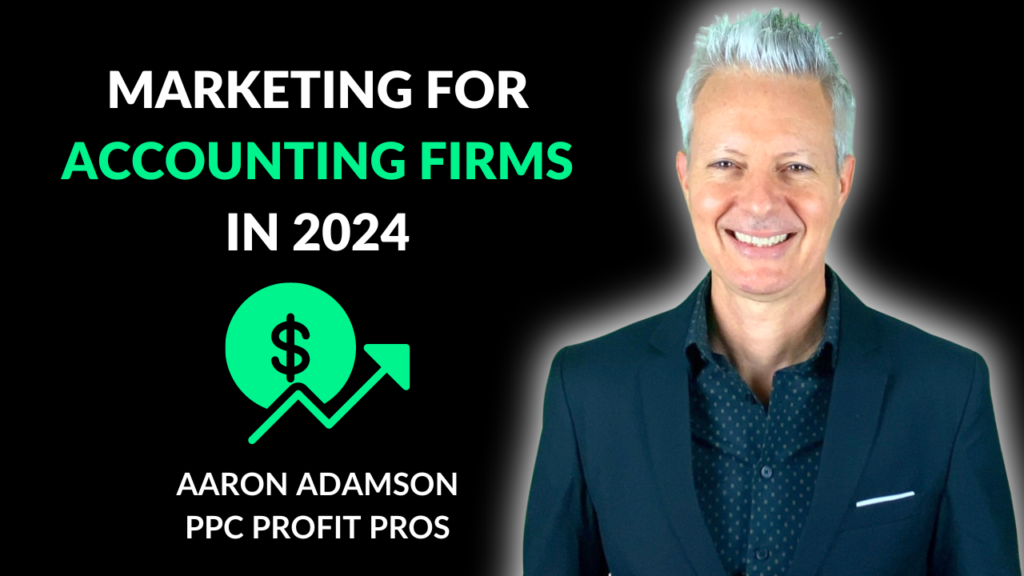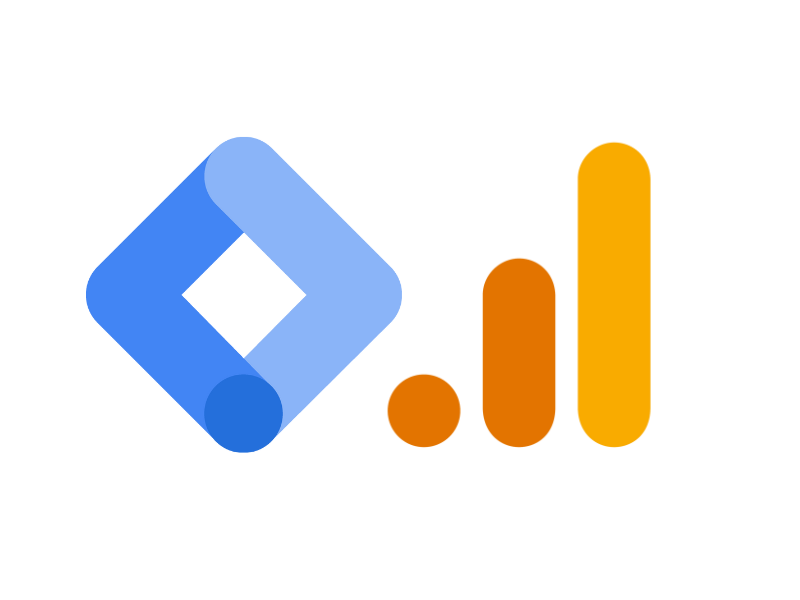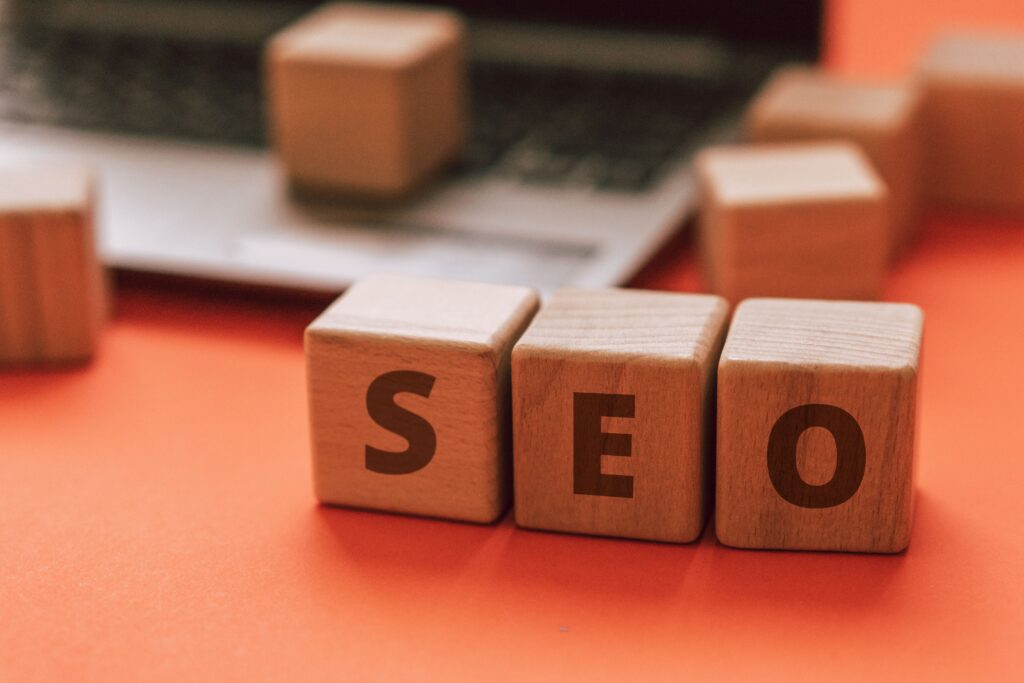PPC, or Pay-Per-Click, boosts a business by driving targeted traffic to its website and increasing conversions. It allows for immediate online visibility and precise audience targeting. And that is why How PPC Benefits a Business.
In the dynamic online marketplace, Pay-Per-Click advertising stands out as a robust tool for businesses aiming to break through the digital noise. PPC campaigns offer the advantage of placing brands in front of potential customers who are actively searching for related products or services.
This advertising model is highly measurable, providing insightful data that enables companies to refine their marketing strategies and optimize their ad spend. With PPC, businesses control their budget, tailoring their ad spend to match their financial comfort. Its effectiveness is clear from its ability to generate immediate traffic from search engines like Google and Bing. By leveraging search terms relevant to their audience, businesses can ensure their ads reach the right people at the right time. This immediate influx of visitors can lead to quick conversions, making PPC an essential component of a comprehensive digital marketing strategy.
The Fundamentals Of PPC
The digital world spins at the beep of a click. Businesses soar with strategically placed ads to catch the browsing eye. Enter Pay-Per-Click (PPC), the driver behind ads that don’t just decorate a webpage but convert visits into valuable action. Discovering the crux of PPC is pivotal for any business aiming to thrive online.
Defining Pay-per-click Advertising
PPC stands for Pay-Per-Click, a model where advertisers pay a fee each time their ad is clicked. It’s a way of buying visits to your site rather than earning them organically. Each click signifies potential customer interest, making PPC a direct link to sales and engagement.
- Immediate traffic boost
- Tightly targeted audience reach
- Flexible budget control
- Quantifiable ROI
How PPC Fits Into Digital Marketing
Digital marketing is an intricate tapestry, with PPC as a key thread. It integrates with SEO, content marketing, and social media to drive success. PPC campaigns often serve as a litmus test for keyword effectiveness and market trends, influencing broader digital strategies.
| PPC Aspect | Benefit to Digital Marketing |
|---|---|
| Instant Visibility | Boosts brand awareness rapidly. |
| Keyword Data | Refines SEO strategies. |
| Landing Page Testing | Improves overall user experience. |
| Market Analysis | Offers insights into consumer behavior. |

Credit: www.facebook.com
Quick Wins With Immediate Traffic
Imagine a faucet you can turn on for instant web traffic – that’s PPC for business. PPC, or pay-per-click advertising, offers swift entry into the marketplace. Let’s explore the ‘Quick Wins with Immediate Traffic’ that PPC provides.
Bypassing Organic Search Competition
Stepping into the market feels daunting when organic search is dominated by big names. PPC allows for an incredible jump-start. With PPC, businesses can leapfrog the competition and land directly in front of their target audience.
- Even new websites can compete against established players.
- Targeted ads reach the desired audience without waiting for organic growth.
- Control and flexibility in positioning offer immediate competitive advantages.
Achieving Instant Visibility
Becoming visible online is tough. PPC turns the spotlight on your brand instantly. Unlike SEO strategies, which build over time, cost-per-click campaigns shine a light on your services as soon as you launch them.
- Ads appear at the top of search results instantly.
- Immediate traffic boosts are reflected on website analytic reports.
- Fast-track your way to a larger audience and potential customers.
Targeting Precision And Market Reach
Targeting Precision and Market Reach form the cornerstone of a successful PPC campaign.
Laser-focused Audience Targeting
PPC enables pinpoint audience selection. Unlike traditional ads, PPC ads reach specific users based on data-driven criteria.
Businesses benefit by targeting:
- Demographics: Age, gender, income, education
- Geolocation: Countries, cities, neighborhoods
- Interests: Hobbies, favorite products, websites visited
- Behaviors: Purchase history, device usage
- Time: Ads shown at peak times
This approach ensures ads appear to users with a high potential for conversion.
Expanding Reach Beyond Local Markets
PPC campaigns are not limited by geography. They serve businesses by reaching a global audience.
Key advantages include:
- Entering new markets with ease
- Testing products in diverse settings
- Scaling campaigns based on market response
- Adapting to user preferences across regions
PPC pushes boundaries, allowing brands to become global players.

Credit: medium.com
Measurable ROI and Performance Analytics
Pay-per-click, or PPC, is a powerhouse in online marketing. It provides clear, measurable results for businesses seeking to enhance their digital presence. Understanding how PPC benefits involves diving into the numbers. With PPC, every click, conversion, and penny spent is trackable. This sets the stage for defining a campaign’s return on investment (ROI) and adjusting strategies for better performance.
Tracking Conversions And Sales | How PPC Benefits a Business
At the core of PPC’s success is its ability to track conversions and sales. This offers businesses a direct view of what they gain from their investment. Easily integrated with tools like Google Analytics, PPC platforms allow advertisers to see real-time data.
- User clicks get linked to specific campaign elements.
- Conversion tracking highlights effective keywords and ad copy.
- ROI analysis becomes straightforward with precise conversion values.
Detailed reports shine light on which ads lead to sales. This information is critical for optimizing spending and targeting.
Understanding PPC Metrics For Optimization
Optimizing PPC campaigns is essential for maximizing their potential. To do this, businesses must understand the key metrics involved. The most important ones include:
- Click-through rate (CTR): reveals ad relevance.
- Cost per click (CPC): impacts overall campaign cost.
- Quality Score: affects ad positioning and CPC.
- Conversion Rate: indicates ad success in prompting actions.
Businesses can use these metrics to fine-tune campaigns. A high CTR means that users find the ad relevant. A strong Quality Score can lower CPC, making the campaign more cost-effective. Conversion Rate pinpoints the ad’s effectiveness in achieving goals.
Analyzing these metrics allows for data-driven decisions. This strengthens campaign performance and enhances ROI.
Budget Control And Financial Flexibility
Pay-per-click (PPC) advertising stands out in the digital marketing world. It offers full control over your budget. You can start small or go big. This approach is perfect for any business size. Now, let’s dive into how you can customize your budget and the cost-effectiveness of PPC.
Customizing Budgets For Business Size
With PPC, you’re in the driver’s seat. You customize your spending to fit your needs. Businesses big or small can benefit. Here’s why:
- No minimum spend: Start without a heavy investment.
- Adjust anytime: Increase or decrease on the go.
- Targeted campaigns: Use funds where they matter most.
Cost-effectiveness Of PPC Campaigns
PPC campaigns can be a smart financial move. Here’s what makes them cost-effective:
- You only pay for clicks. This means spending happens when someone interacts with your ad.
- Use data-driven insights to refine targeting. This improves performance and reduces wasted spend.
- Detailed reporting helps you see what works. This means you can invest wisely in successful campaigns.
Leveraging Ad Platforms For Maximum Effect
Leveraging ad platforms can greatly boost a business’s visibility and sales. What makes paid search so powerful is its ability to put ads in front of customers who are ready to buy. Let’s explore how to choose the right ad platforms and use their features effectively.
Choosing The Right Platforms For Your Ads
With various ad platforms available, it’s vital to pinpoint where your audience hangs out. Each platform serves different demographics and interests. Here’s a quick guide:
- Google Ads: Great for a vast reach and intent-driven traffic
- Facebook Ads: Ideal for detailed targeting based on user interests
- LinkedIn Ads: Perfect for B2B service providers and professionals
- Instagram Ads: Excellent for visual products and younger audiences
- Twitter Ads: Good for timely content and direct engagement
Match your business goals to the platform that aligns with your target customer’s behavior.
Utilizing Ad Features And Extensions
Platforms offer a range of features that can enhance the performance of your ads. These include:
| Feature | Benefit |
|---|---|
| Sitelink Extensions | Guide users to specific pages on your site |
| Call Extensions | Let users call your business directly |
| Location Extensions | Show your business location and hours |
| Callout Extensions | Add unique selling points |
| Structured Snippets | Highlight specific aspects of products/services |
Using the right mix of these extensions can lead to improved click-through rates and conversions.
SEO Synergy And Enhanced Online Presence
Combining PPC with SEO strategies can skyrocket your business’s visibility. This magic duo works hand in hand to put your brand where eyes are most likely to see it. Let’s delve into how PPC can amplify SEO efforts, creating a powerhouse for your online presence.
Boosting SEO Efforts with PPC
PPC ads give immediate visibility. While SEO builds organic traffic, PPC quickly gets you to the top of search results. This means more eyes on your pages right away. Here’s what happens:
- Keyword data from PPC informs SEO. You can use PPC keyword data to refine your SEO tactics. See what works fast.
- PPC helps test page quality. Send traffic to new pages with PPC. If users stay and convert, you know the page is a hit.
- SEO and PPC together cover more ground. While SEO works long-term, PPC fills in the gaps. You dominate search results on all fronts.
Creating a Cohesive Online Marketing Strategy
It’s crucial to unify your online marketing. PPC complements SEO, creating a consistent brand message. See how to make them work as one:
- Align PPC ads with SEO content. Use the same keywords and messages. This strengthens your brand voice.
- Analyze and adjust in real time. Use PPC data to tweak your SEO approach rapidly. This keeps your strategy sharp.
- Share goals across teams. Make sure every marketer knows the plan. A shared goal paves the way for success.
Together, SEO and PPC elevate your online presence. They help your brand shine on the web. Start boosting your business with this dual approach today!
Navigating The Competitive Landscape
Understanding the competitive environment is key to the success of PPC campaigns. A business can thrive by analyzing what others are doing. This enables strategic decisions that keep you ahead. PPC offers the agility to adjust to rivals and trends quickly, ensuring your business remains competitive.
Competitor Analysis And Strategy
Thoroughly analyzing competitors sets the foundation for PPC success. PPC platforms provide tools to see rivals’ ads. This reveals the keywords they target and how much they spend.
- Identify: Look at top competitors.
- Analyze: Study their strategies.
- Adapt: Use insights to form your strategy.
Using these insights, businesses can craft unique value propositions. They can target gaps in the market. This ensures ads echo the audience’s desires, setting you apart from the competition.
Adapting To Market Changes And Trends
Market trends impact consumer behavior. PPC’s flexibility allows businesses to adapt quickly. Changes in user search patterns are detected using analytics. This allows campaigns to stay relevant.
- Monitor: Keep an eye on trend shifts.
- Update: Modify ads to align with new trends.
- Optimize: Fine-tune campaigns for peak performance.
Adaptation ensures a company’s ads are always in sync with what potential customers seek. By staying agile and responsive, businesses can maintain a competitive edge in the constantly evolving market.
PPC For Local Businesses And E-commerce
Pay-per-click (PPC) advertising has become a game-changer for both local businesses and e-commerce platforms. This effective marketing strategy helps attract the right audience at the right time with immediate results. Let’s explore how PPC can fuel the growth of local shops and online stores.
Driving Foot Traffic With Local PPC
Local businesses thrive on nearby customers. A well-crafted PPC campaign can pull local shoppers right to your doorstep. Using local targeting, ads appear to potential customers in your area. Engaging ad copy paired with a strong call-to-action can make your store the go-to destination for local buyers.
- Geo-targeted ads put your business on the map for those searching nearby.
- Click-to-call buttons enable instant communication with customers.
- Promotions and coupons in ads attract locals looking for deals.
Scaling Online Sales For E-commerce
E-commerce sites leverage PPC to boost online presence and drive sales. With a global reach, your products can shine in front of a larger audience. Utilize data-driven insights to tweak campaigns and enhance ad performance for maximum ROI.
| Feature | Benefit |
|---|---|
| Product Listing Ads (PLAs) | Showcase products directly in search results. |
| Remarketing Ads | Re-engage visitors who left your site without buying. |
| Seasonal Campaigns | Capitalize on peak shopping periods. |
High-quality visuals and persuasive descriptions in your ads can vastly increase the click-through rate (CTR). This, paired with an optimized landing page, turns clicks into customers. As a result, your e-commerce business can scale rapidly and efficiently.
Continuous Optimization And Future Of PPC
Pay-per-click (PPC) advertising continues to evolve. Businesses need to stay on top of these changes to thrive. Continuous optimization is the key to sustained success. The future of PPC promises to bring even more tools and insights for businesses to leverage.
A/B Testing And Campaign Improvement
Effective PPC campaigns don’t just happen. They’re refined. A/B testing is a tried and tested method. It ensures campaigns reach their highest potential. Testing different elements can lead to remarkable improvements in performance. Here’s how you can enhance your PPC with A/B testing:
- Headlines: Assess which titles grab attention.
- Keywords: Find the most effective terms.
- Ad Copy: Measure response to various messaging.
- Landing Pages: Identify page designs that drive conversions.
Continuous testing uncovers the best outcomes for campaigns. It’s essential to make informed decisions based on data.
Predictions For PPC Evolution
The future of PPC looks bright. Continuous advancements suggest trends to watch for:
| Trend | Impact |
|---|---|
| AI Integration | Smarter algorithms for ad optimization. |
| Automation | More efficient campaign management. |
| Voice Search | New keyword opportunities and strategies. |
| Visual Search | Emergence of ads within image search results. |
Staying ahead means keeping an eye on these developments. Adapting strategies to incorporate new features will be crucial.

Credit: www.linkedin.com
Frequently Asked Questions For How Does PPC Benefit A Business?
How PPC Can Help Your Business?
PPC, or pay-per-click advertising, boosts your business by targeting specific audiences, driving immediate traffic, and increasing online visibility. This leads to quick conversions and valuable data insights, enhancing your overall marketing strategy.
What Is The Benefit Of The Pay-per-click Payment Model?
The pay-per-click model offers direct traffic to websites and ensures advertisers pay only for actual ad clicks, optimizing ad spend.
Why Is The PPC Important?
PPC, or Pay-Per-Click, is essential as it drives immediate traffic, boosts website visibility, and allows for precise audience targeting. It’s a cost-effective marketing strategy with measurable ROI, enabling businesses to outpace competition and achieve quick results.
What Purpose Does The PPC Serve To The Entrepreneur?
PPC advertising offers entrepreneurs targeted exposure, instant traffic, and measurable, quick returns on investment. It boosts brand visibility and helps in capturing high-intent customers effectively.
What Is PPC in Digital Marketing?
PPC stands for Pay-Per-Click, a model of internet marketing where advertisers pay a fee each time one of their ads is clicked, effectively buying visits to their site.
Conclusion
PPC stands out as a transformative tool for businesses aiming to excel online. It boosts visibility, targets exact audiences, and drives sales. Whether a startup or an established enterprise, PPC campaigns can elevate your digital marketing game. Embrace PPC, and watch your business soar to new heights.




